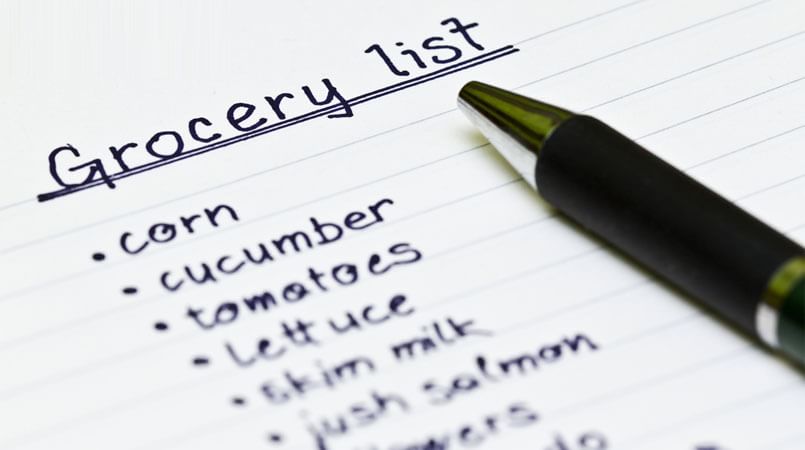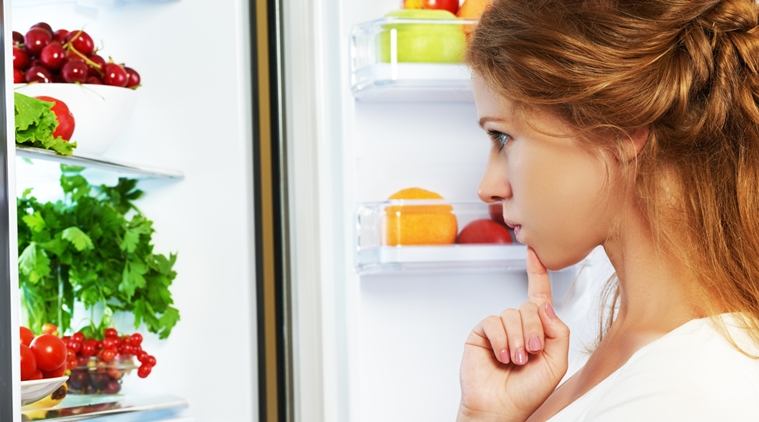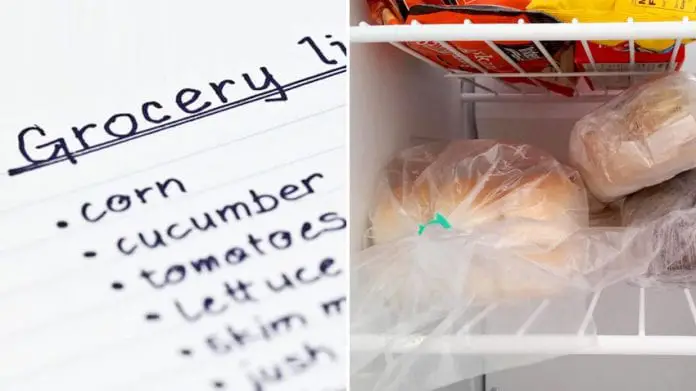Like it or not, the current coronavirus pandemic has changed our normal routines. Given the fact that we have to adhere to our government’s extended movement control order (MCO), we can only step out of our home to buy essentials, such as going grocery shopping. We are regularly told and informed not to result in panic buying since it tends to lead to unnecessary waste. That said, here are the 6 Ways To Minimise Food Waste.
1) Make A Grocery List
Sure, it may sound troublesome for some people. But making a grocery list before you head out for the supermarket or grocery store does help a lot as you wouldn’t end up in impulse buying. Not to mention you don’t have to waste time pushing the cart around the aisle aimlessly, thinking what to buy in the end.

2) Make Full Use Of Your Freezer
It’s safe to say that (almost) every household has a freezer in the kitchen. And the main use of a freezer isn’t just for storing ice cube trays, ice cream and common frozen goods like mixed vegetables and sausages. The truth is, you can keep other grocery staples in the freezer to help preserve their freshness longer. For instance, the otherwise only-lasts-a-few-days’ loaf of sliced bread can prolong its shelf life up to 6 months in the freezer. Others like overripe bananas and avocados can be frozen as well, even though they will become mushy. Still, you can turn them into a smoothie.

3) Get Creative With Your Leftovers
So, you happen to over-serve today’s dinner. But instead of discarding the rest in the trash, those leftovers can be saved for your next day’s meal. Got leftover rice in the cooker? Make some fried rice. Or if you have leftover chicken curry, you can either add in some noodles or pair it with sliced bread. Even those leftover stir-fry vegetables can be re-purposed by incorporating them into frittatas, mixed salad bowl, soup or even spring rolls.

4) Turn Excess Into Broth Or Stock
Got any excess food like vegetable scraps such as tops, peels, cores, stalks and bits? Don’t throw them away. They can turn into useful ingredients for all kinds of broths or stocks. For instance, you can make soup out of it. Even those animal bones like chicken, beef and pork can be boiled into soups as well.

5) Try Canning & Pickling
Assuming you accidentally bought more food than you should (read: panic-buying), what can you do about it? To avoid spoilage, why not try canning them to extend their shelf life? Make use of your empty glass jars to can foods like berries, cucumbers, carrots, apples and tomatoes. You can even pickle some of the foods, say pickled cucumbers for appetisers after a heavy meal or simply a pick-me-up afternoon snack.

6) Learn How To Store Food The Right Way
Proper food storage helps a lot in reducing unnecessary food waste. Let’s take your fridge as an example. This essential household appliance usually comes with different compartments and they actually serve different purposes. For instance, ready-to-eat food like cooked meats and dairy products (e.g. butter and cheddar cheese) are best stored on top and middle shelves. Of course, remember to cover them or place them in sealed/airtight containers to avoid contamination. Then, there’s the salad drawer, where you should store fruits and vegetables wrapped in plastic or paper. And keep in mind not aa food can be refrigerated — whole melons (e.g. watermelon, honeydew), potatoes and honey best remain at room temperature.
















